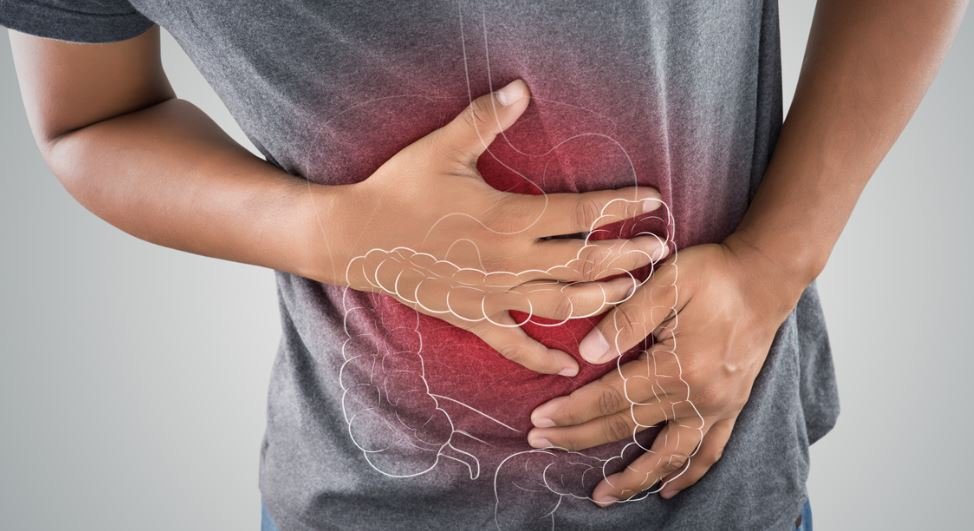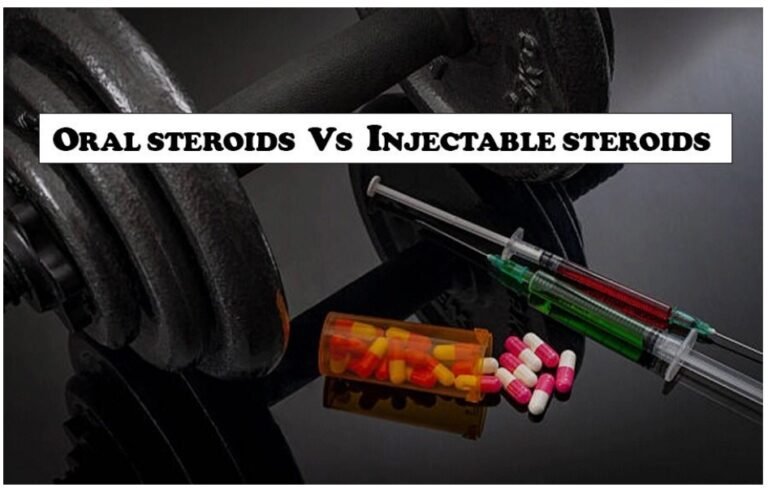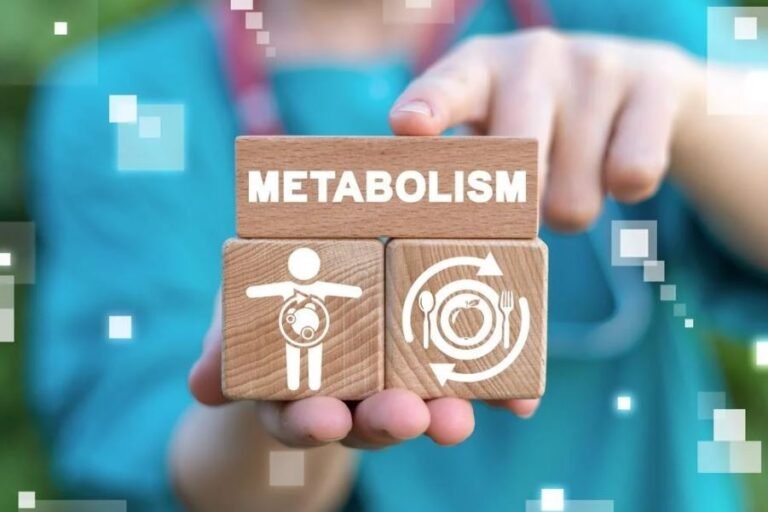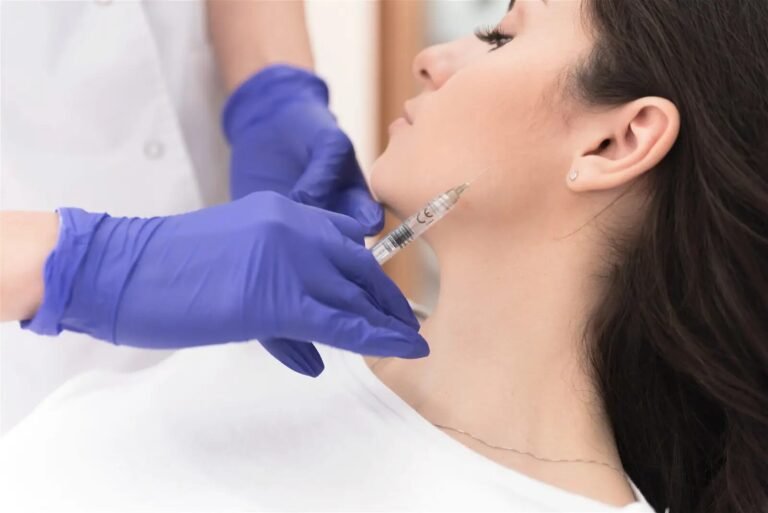What Is Inflammatory Bowel Disease (IBD)?

A significant proportion of the U.S. population suffers from inflammatory bowel disease (IBD). That’s the takeaway from multiple studies, including one published by the Centers for Disease Control and Prevention (CDC), which found that roughly 1.3% of people in the U.S. struggle with the condition. That works out to around 3.1 million people. IBD primarily affects individuals aged 15 to 35 and those with a family history of the disorder. According to the Crohn’s & Colitis Foundation, an estimated 20% of people with IBD have a family member who was diagnosed with it.
What Is Inflammatory Bowel Disease?
Inflammatory bowel disease is not a singular disease. It is an umbrella term that denotes two conditions that affect the gastrointestinal system: Crohn’s disease and ulcerative colitis. Along with age and genetics, poor lifestyle choices can make some people susceptible to being diagnosed with either form of IBD. Examples of these poor lifestyle choices include cigarette smoking, consuming an unhealthy diet, physical inactivity, obesity, and inadequate sleep.
Long-term use of non-steroidal anti-inflammatory drugs (NSAIDs), such as ibuprofen, naproxen sodium, and diclofenac sodium, can also heighten the risk of developing inflammatory bowel disease. The same applies to corticosteroids. Sometimes, the human body can be its own worst enemy when it comes to the likelihood of developing the condition. Multiple studies show that immune system malfunction can contribute to IBD. When the immune system attempts to fight off an invading virus or bacterium, it sometimes inadvertently attacks cells in the digestive tract, which can trigger IBD symptoms.
The Role of Race When It Comes to IBD
Along with age, genetics, poor lifestyle choices, and an atypical immune system response, race also has a say in who is most likely to develop IBD, according to a study published by the CDC. In the 2018 study, researchers found that IBD affected the lives of 1.4 percent of Caucasians. Meanwhile, 1.2% of Hispanics, 0.6% of African Americans, and 0.8% of all other non-Hispanics were affected by it.
Common Inflammatory Bowel Disease Symptoms
Crohn’s disease and ulcerative colitis both trigger the inflammation of tissues in the digestive tract. That inflammation opens the door to several unpleasant symptoms commonly associated with both conditions, some of which include the following:
- Abdominal pain
- Anemia
- Bloody stool
- Chronic fatigue
- Diarrhea
- Fecal urgency and fecal incontinence
- Fever
- Unintentional weight loss
In addition to these symptoms, both Crohn’s disease and ulcerative colitis can give rise to the following complications:
- Anal fissures and fistulas
- Blood clots
- Bowel obstruction
- Colon cancer or a perforated colon
- Dehydration
- Inflammation of the skin, eyes, and joints
- Primary sclerosing cholangitis (PSC)
Crohn’s Disease vs. Ulcerative Colitis
While Crohn’s disease and ulcerative colitis trigger many of the same symptoms, how they impact the gastrointestinal system is where they differ. To understand these differences, it helps to take a closer look at the two irritable bowel diseases individually.
- Ulcerative colitis – This irritable bowel disease is associated with inflammation and sores that affect the lining of the large intestines and rectum.
- Crohn’s disease – This irritable bowel disease involves inflammation of the lining of the digestive tract, affecting the small intestines primarily. While Crohn’s disease can, like ulcerative colitis, affect the large intestines, it is rare.
Hormonal Imbalances and IBD: How an HGH Deficiency Can Lead to Struggles With IBD
Hormonal imbalances can affect the body in a variety of ways, and the onset of IBD is one of them. One hormonal imbalance in particular that can trigger irritable bowel disease is an HGH deficiency. Produced by the pituitary gland, one of the many glands that make up the endocrine system, human growth hormones stimulate growth, cell reproduction, and cell regeneration. That includes maintaining and repairing the gut lining in the intestines. When someone has an HGH deficiency, they often suffer from impaired gut barrier function, which makes their intestines more susceptible to inflammation. The longer their intestines remain inflamed, the more likely they are to experience IBD.
Low HGH levels in the blood can open the door to immune dysregulation, a health condition that causes the immune system to malfunction. When this happens, it can wreak havoc on numerous bodily systems. Multiple studies show a correlation between immune dysregulation and inflammation of tissues in the digestive tract. Like with impaired gut barrier function, such inflammation can cause IBD.
How Hormone Replacement Therapy Combats IBD and Helps Boost Low HGH Levels
When someone is diagnosed with an HGH deficiency, physicians typically recommend HGH hormone replacement therapy. This treatment modality involves the use of FDA-approved HGH injectable medications, which stimulate the pituitary gland to produce more HGH. Some of these medications include the following:
- Genotropin
- Humatrope
- Norditropin
- Saizen
- Serostim
- Sogroya
- Zomacton
Along with stimulating an uptick in the production of human growth hormones, which can provide relief from symptoms typical of an HGH deficiency, such as low libido, fatigue, anxiety, depression, and increased sensitivity to heat and cold, HGH hormone replacement medications also help with IBD-related symptoms.
How Long It Takes for HGH Medications To Work
HGH results timeline: Several factors dictate how quickly someone will see results after starting an HGH hormone replacement therapy regimen, some of which include age, overall health, and the cause of their HGH deficiency. The dosage, frequency, and type of HGH medication they are taking can also influence how quickly they might see results. That all said, the average adult taking prescription-based HGH hormone replacement medications to boost low HGH levels in their blood will see noticeable results within 3 to 6 months. That means a reduction in the severity or complete cessation of IBD and HGH-related symptoms.
While HGH hormone replacement therapy is not a treatment for IBD per se, it does several things to minimize the symptoms typical of the disorder, such as improving metabolism and how the thymus, a gland located in the chest between the lungs responsible for producing white blood cells, functions. These actions strengthen the immune system, making it more adept at fighting off infections and inflammation of tissues in the digestive tract that cause Crohn’s disease and ulcerative colitis.
In summary, an HGH deficiency can play a role in the development of IBD. Fortunately, FDA-approved HGH drugs can help alleviate symptoms commonly associated with the condition. And they can also provide some much-needed relief from symptoms synonymous with an HGH deficiency. To find out if you’re a candidate for HGH hormone replacement therapy or to learn more about this treatment modality, consider speaking with an endocrinologist today.






